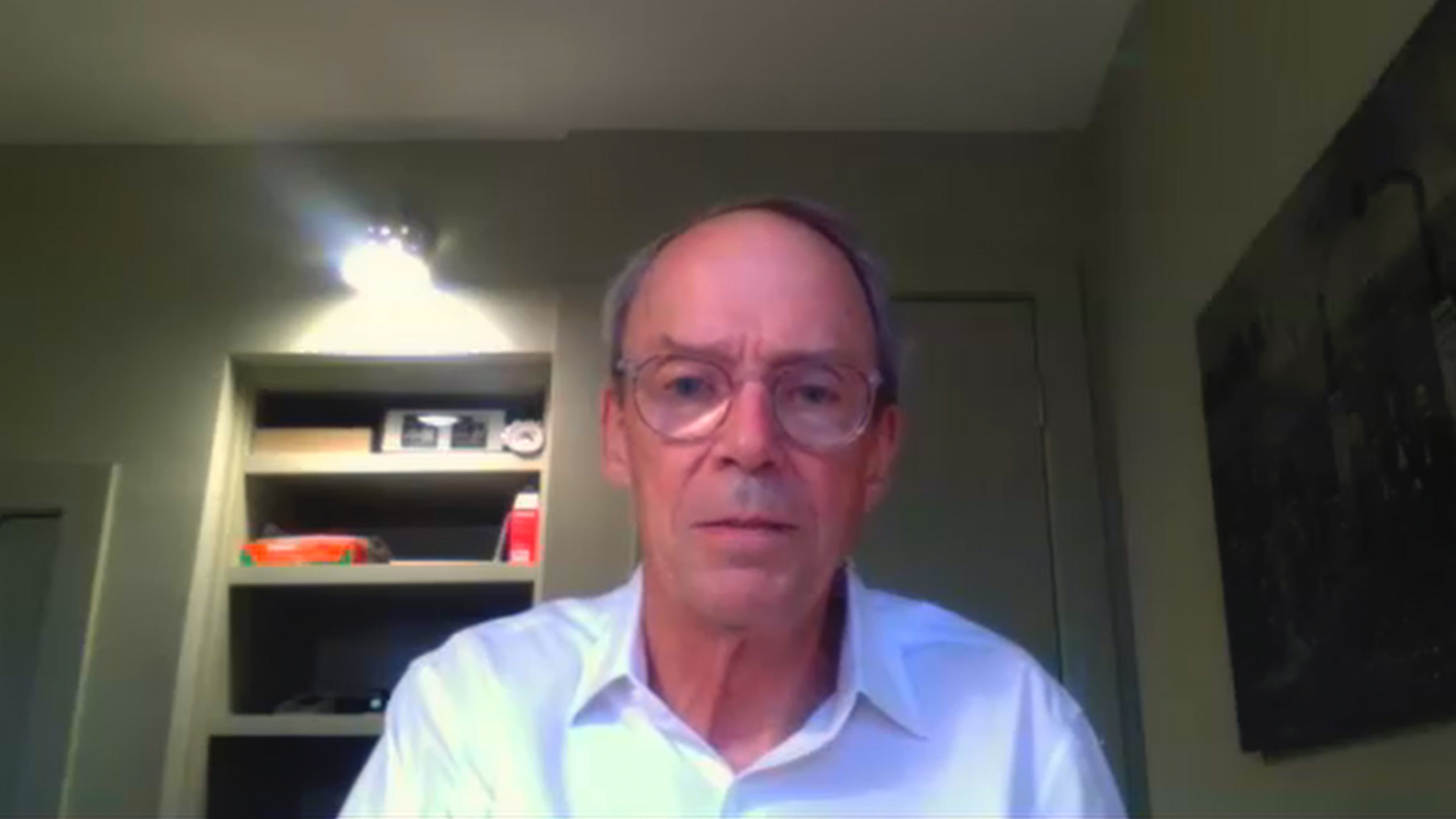
Major Record Label
Former CEO at EMI Group & Board Member at Pandora Media
inpractise.com/articles/music-label-VC
Why is this interview interesting?
- How music labels have similar business models as venture capital companies
Roger Faxon
Former CEO at EMI Group & Board Member at Pandora Media
Interview Transcript
How have record labels changed, in organizational structure, culture, mindset? You mentioned how it was run by A&R people before, who pick music; how have you seen that evolve?
I don’t think it’s changed very much at all. The underlying economics of the record company is not sustainable, in my view. It has been sustainable, for a long time, but long term, it’s not. I’ll give you the classic story. When I first went to EMI, I had been in the movie business and so I didn’t really understand the music business. I said to my boss, the CEO, give me a sense of how the business works. He told me, if you have albums that you’re doing, or artists, you’re going to see about five of them lose money; they will lose a lot of money. Then you will have about three of them that break even and, if you are lucky, you have two that make money. You’re investing in 10 and two are actually going to make a profit.
It’s like a VC company.
Yes. My question always was, why can’t we do a better job of determining of what’s going to sell, what’s going to touch the consumer, in a way that makes them feel as if that is the song for them, or the album for them; how do you do that? The A&R thing is really all about, I’ve got the ear, I know what people want; I know that’s the thing. That whole sense of the world, it’s certainly not as virulent as it was when I was running these businesses, but it still is the concept. The underlying business model hasn’t really changed, except that now, their revenues are limited by having subscription models and they get their margin out of that.
It hasn’t changed very much and, in the latter period of EMI’s existence, we challenged that view and we used a lot of data, which is an anathema to A&R, and we understood how you have to move artists into cohorts of consumers. You then start to build more demand. We were able to move from two successes, to four. That’s why EMI, in those last years before it was sold, was the most profitable music business in the world.
How exactly did you look at doing that?
This is a while ago, so the technology and the understanding was pretty rudimentary. But we did huge amounts of consumer research, online. We looked at how we were touching the consumers. How does a consumer know that that music is there? How do we do that? We do that statistically.
Copyright Notice
This document may not be reproduced, distributed, or transmitted in any form or by any means including resale of any part, unauthorised distribution to a third party or other electronic methods, without the prior written permission of IP 1 Ltd.
IP 1 Ltd, trading as In Practise (herein referred to as "IP") is a company registered in England and Wales and is not a registered investment advisor or broker-dealer, and is not licensed nor qualified to provide investment advice.
In Practise reserves all copyright, intellectual and other property rights in the Content. The information published in this transcript (“Content”) is for information purposes only and should not be used as the sole basis for making any investment decision. Information provided by IP is to be used as an educational tool and nothing in this Content shall be construed as an offer, recommendation or solicitation regarding any financial product, service or management of investments or securities.
© 2026 IP 1 Ltd. All rights reserved.


